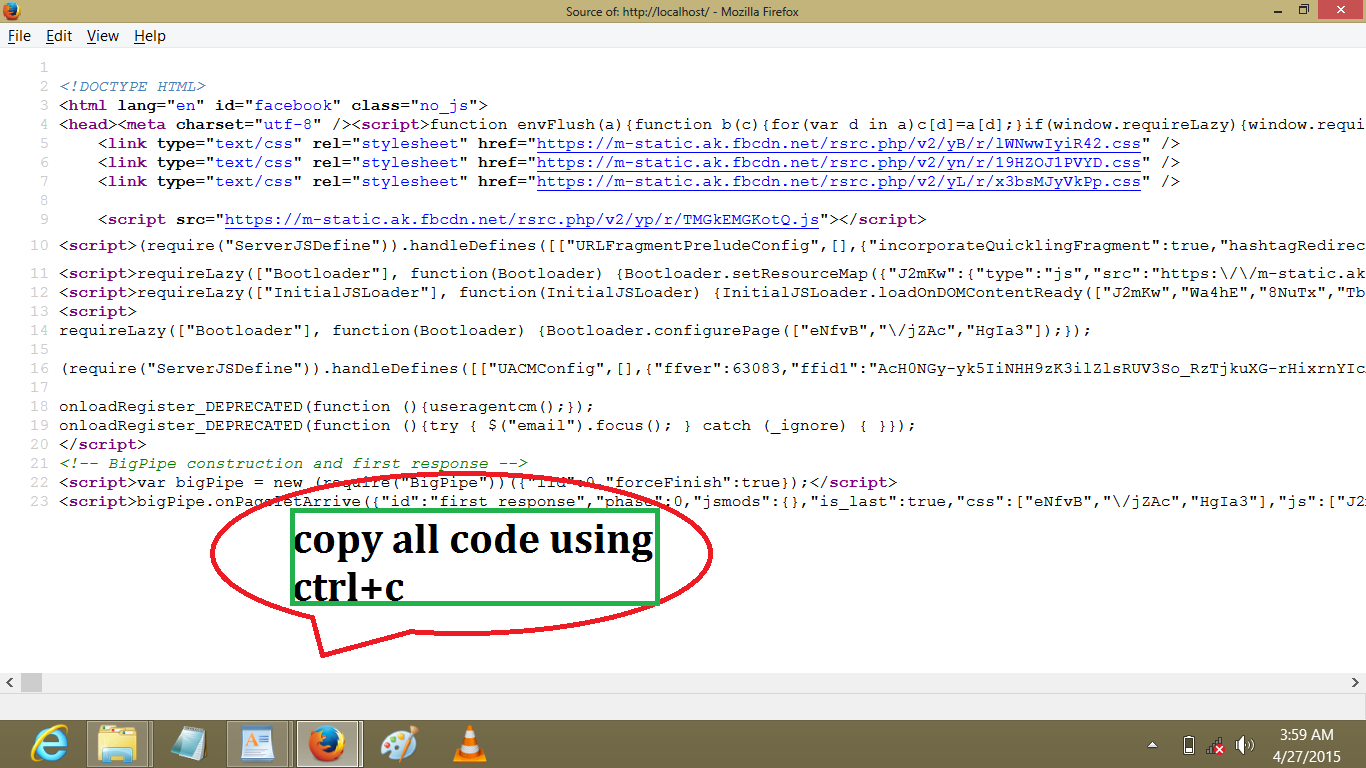

The typical tactic is to trick a user into clicking on an embedded link or downloading an attachment.
#Facebook password hacker news download#
MIT technology review insights Download now To make matters worse, these passwords tend to be reused across multiple sites, with one in three people (32%) having the same password to access different accounts. Passwords that are weak or easy to guess are more common than you might expect: recent findings from the NCSC found that around one in six people uses the names of their pets as their passwords, making them highly predictable. In the words of US politician Katie Porter, most parents utilise a stronger password to stop their children from “watching too much YouTube on their iPad”. Despite this, even if the password hadn’t been leaked, it wouldn’t have been hard for attackers to guess it. It was revealed that ‘solarwinds123’, a password created and leaked by an intern, had been publicly accessible through a private GitHub repository since June 2018, enabling hackers to plan and carry out the massive supply chain attack. It’s worth taking into account the role of a leaked password in one of the biggest cyber security stories of the last two years, the SolarWinds hack. The best passwords are the ones you can't remember.


 0 kommentar(er)
0 kommentar(er)
